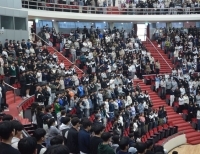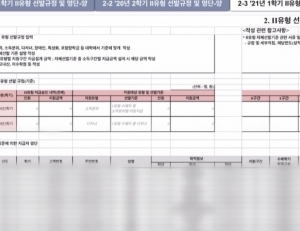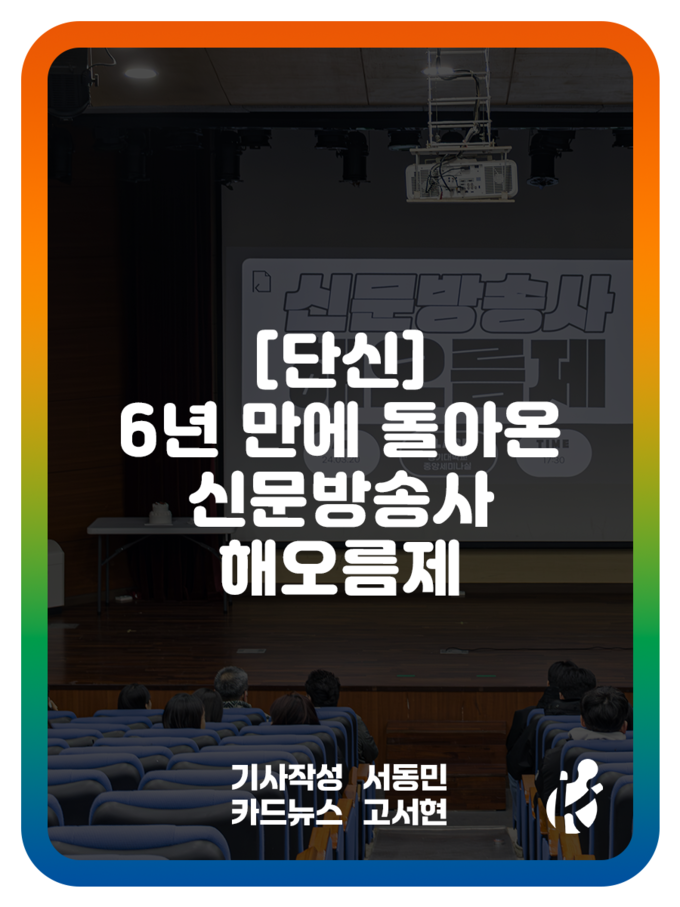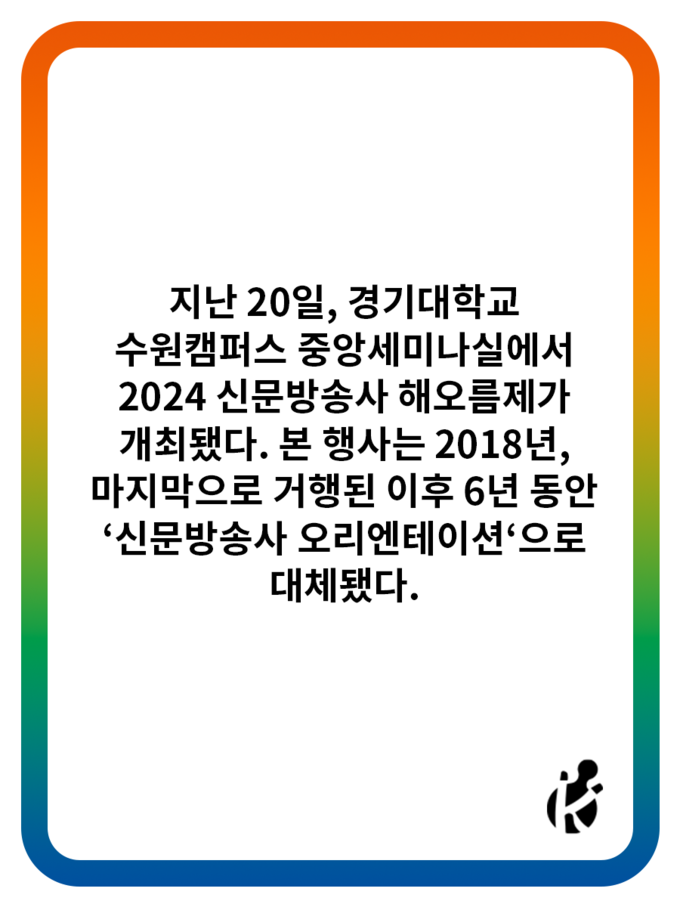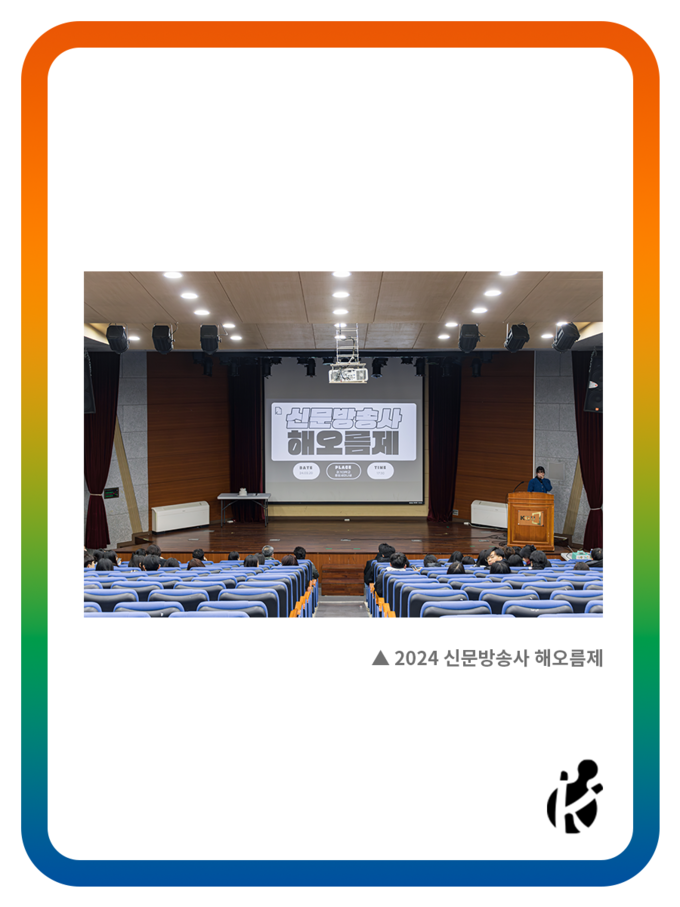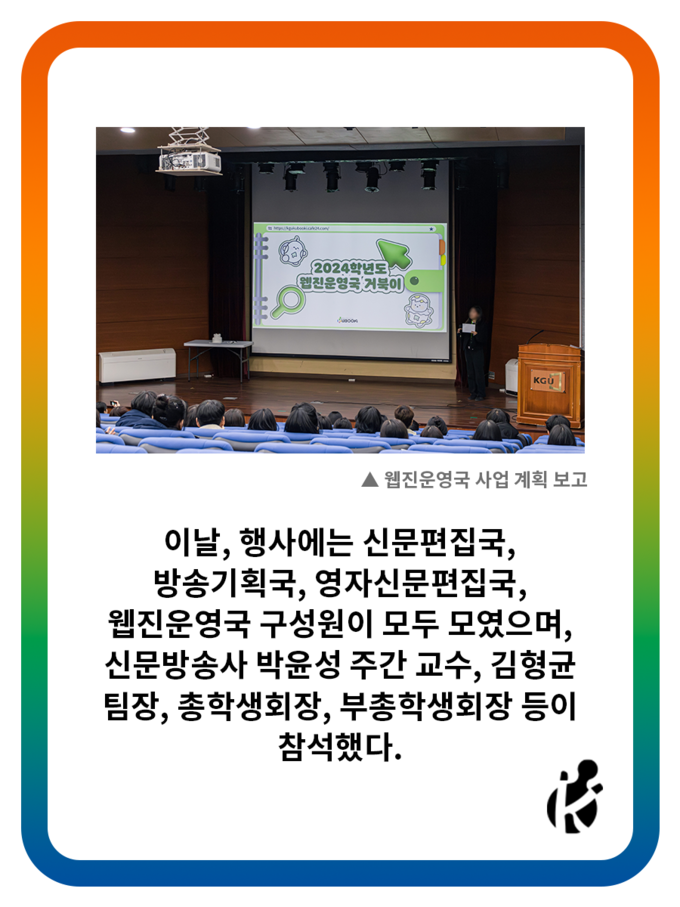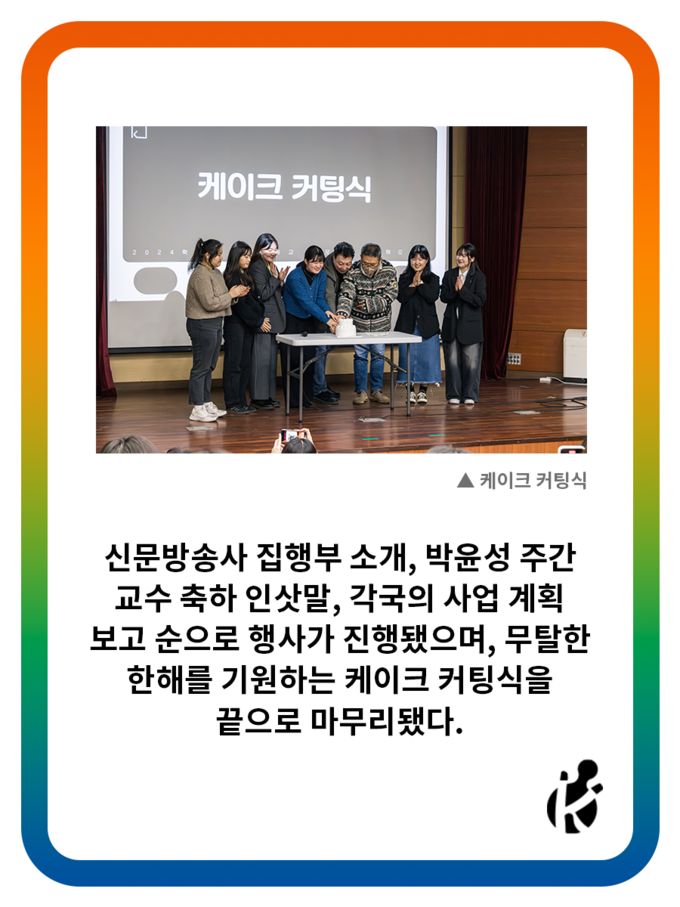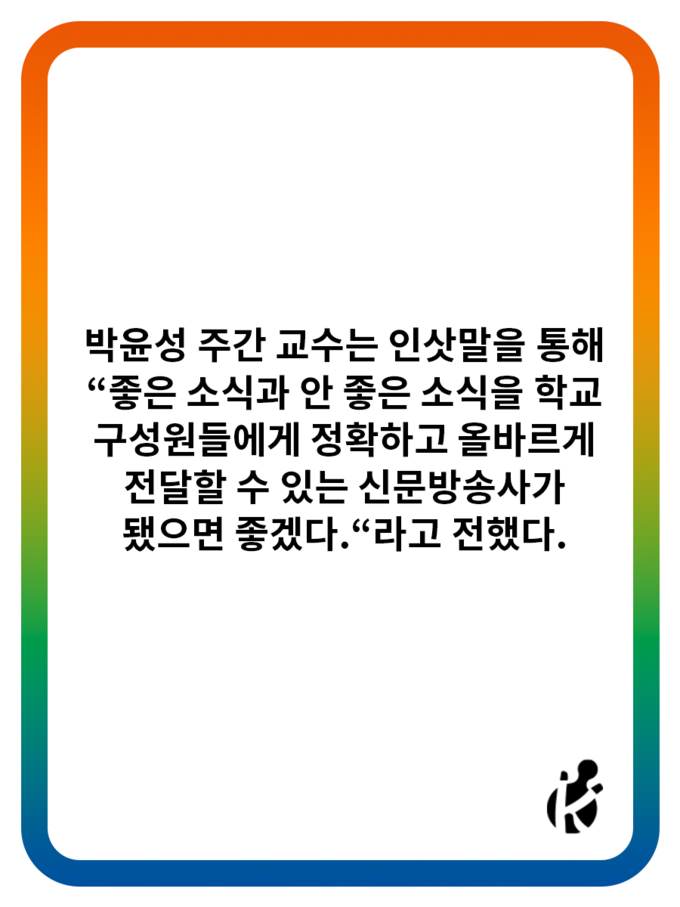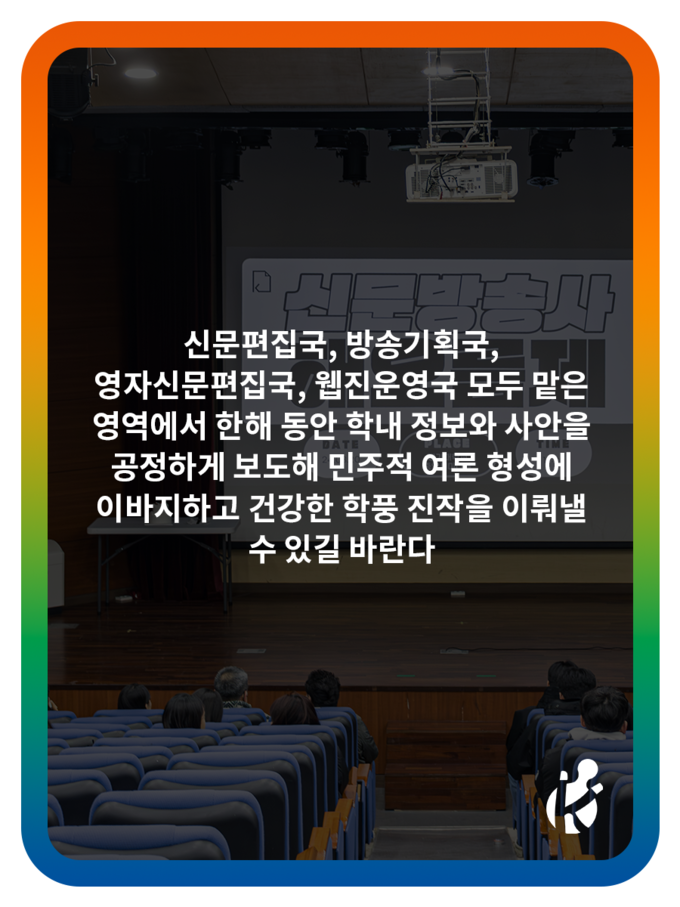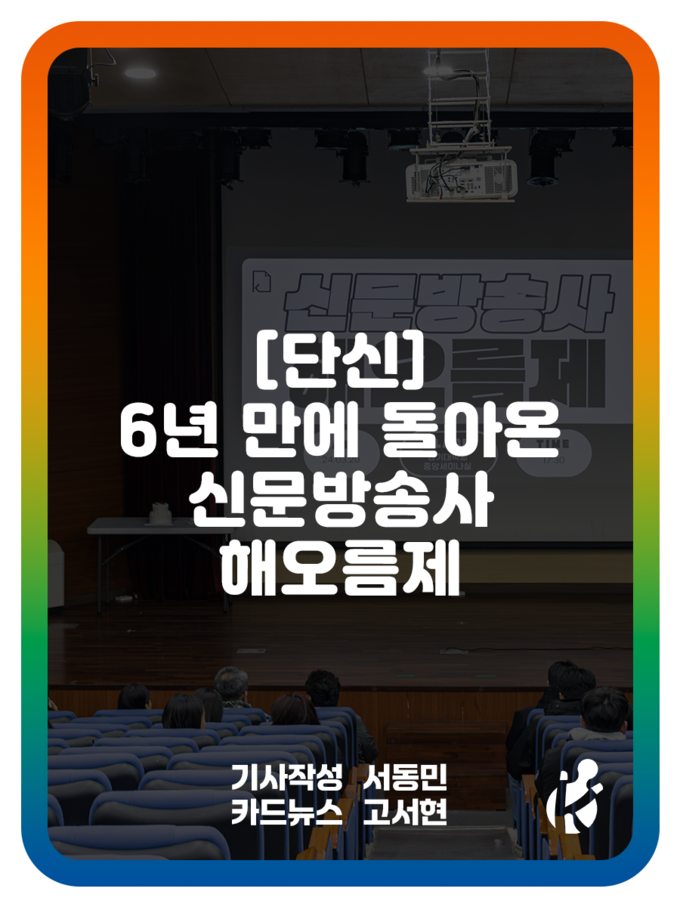On average, people use different gestures 750 times a day. They unconsciously use some positive or negative ones in various situations, for example, when talking with someone, presenting in front of an audience and so forth. People tend to trust nonverbal expressions more than verbal expressions in the same situation. They even try to figure out the other person’s level of sincerity through nonverbal cues. If you use gestures which aren’t appropriate to the occasion or are used in a negative sense, it causes misunderstandings and makes someone feel very bad or upset. Most gestures have really different meanings according to a nation’s culture. There are even some gestures that we should never use in specific countries. Especially when we travel abroad or do business, it is essential to follow global etiquette. It means not only should we keep good manners, but we should also be careful not to make another person displeased. Also we usually try to converse using lots of body language when we are abroad. So we should understand the culture and gestures of each country in order to not create a rude situation. Let’s learn about unique gestures of several countries and nonverbal expressions that we should be careful when using in specific nations.
1.The act of putting one’s fist against one’s forehead: In Korea, this motion is used to express joy in situations where you realize something or when people think deeply about something. On the other hand, we should be careful not to do this behavior in Brazil, Argentina, Peru and Chile because in these countries it means that you are asking, “Aren’t you a fool?”
2.Making a V shape with your fingers: Koreans used this gesture to express good things regardless of the direction. For example, we mostly make the V shape when taking pictures. Also, it is a playful behavior among friends when in a good mood. However, if you do this with your nails facing outward in the United Kingdom, Ireland, Australia and New Zealand, it can start a fight with the other person. Unlike Koreans, people in these countries regard this motion as signaling that one wants to fight
3.The act of showing the palm of one’s hand by spreading out five fingers: This is a simple gesture which expresses the number 5. Do you think it has the same meaning in other countries? Surprisingly, it is one of the oldest gestures that comes from the ancient Byzantine period. But in Greece, Pakistan, Mexico, the Middle East and South Africa we should avoid this motion because it is used as an expression that ignores and demeans the other person’s actions or shows that you are not interested in that person.
4.Folding one’s arms: There are many cases of folding one’s arms in Korea. When we are thinking about something, expressing our bad mood or even when we feel cold, we do this motion. Depending on the situation, it may not be taken negatively in Korea. In contrast, Finnish men and Icelanders tend to think you are very arrogant and rude if you fold your arms during a conversation. Therefore you should avoid this action.
5.An expression that means ‘OK’ among Koreans: Most of us usually use it as a positive expression such as ‘I understand; I like it; I agree with that’ by making a circle with one’s thumb and index finger. How about in other countries? In Brazil, Turkey, Germany and Romania, this action is regarded as having a similar meaning with the curse which is expressed by raising our middle finger. You must be careful not to do this motion in these nations or in front of people who are from there.
Gestures are an aspect of each country culture. It is important to use gestures which are appropriate to the occasion or to be considerate of the other person’s feelings when you talk with people from other countries. In this way you could show your respect about the person as well as the country. Anywhere in the world, using proper gestures may be the most effective way to improve communication and express positive feelings. Pharos hopes Kyonggi University students can develop both global sense and etiquette by understanding other various countries’ culture and gestures.
75th Reporter•HAN SONG HEE•shhan0509@hanmail.net
- TAG
-
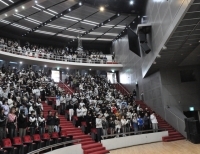 What Happened in KGU? : 수원캠퍼스 학생총회 편
On April 4th, a general meeting of students was held in the Tele-convention center at the Suwon campus. The contents were the same as the general meeting of students in the Seoul campus: the first part was for agenda announcement, the second part was about the Membership Training for whole university, and the third part was simple Q&A time. In the first part, the agendas were all the same as the ones for the Seoul campus, and the result of the ...
What Happened in KGU? : 수원캠퍼스 학생총회 편
On April 4th, a general meeting of students was held in the Tele-convention center at the Suwon campus. The contents were the same as the general meeting of students in the Seoul campus: the first part was for agenda announcement, the second part was about the Membership Training for whole university, and the third part was simple Q&A time. In the first part, the agendas were all the same as the ones for the Seoul campus, and the result of the ...

 [타 대학보 축사] 늘 그랬듯, 묵묵히
[타 대학보 축사] 늘 그랬듯, 묵묵히
 [와이파이] 큰 박스에 달랑 물건 하나, 과대포장 규제 정책 시행은 언제쯤
[와이파이] 큰 박스에 달랑 물건 하나, 과대포장 규제 정책 시행은 언제쯤
 [문화산책] 이 세계는 멋져 보이지만 모두 환상이야
[문화산책] 이 세계는 멋져 보이지만 모두 환상이야
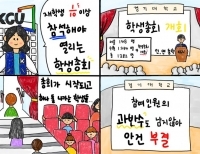 [네컷만화] 학생총회
[네컷만화] 학생총회

 목록
목록





